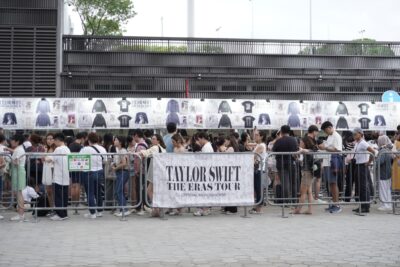Demand for workspaces will evolve as COVID-19 reshapes corporate needs
From office expansions to flexible workspaces to remote working options

Since the pandemic has encouraged the public to practise social distancing and to abide by health and safety protocols, business leaders must now re-evaluate how their team can effectively and efficiently operate in a traditional office space, reported global property consultant JLL.
According to their findings, some CEOs are thinking of modifying the space as soon as their lease expires or even before.
“The current situation poses disruption and challenges for the office sector. The way people view and use corporate real estate will change. However, we can expect the office to remain at the heart of employers’ occupational strategies in Asia Pacific over the medium-to-long-term,” says Anthony Couse, CEO of JLL Asia Pacific.
As transactions got delayed or cancelled, the volume of leasing activity across the globe dropped to around 22 percent in the first quarter of 2020 compared to a year before. In the Asia Pacific region, the volume also dipped by nine percent quarter-on-quarter and 14 percent year-on-year.
More: Asian investors search for lucrative property deals beneficial in a post-coronavirus world
Nevertheless, the JLL report said that “offices are here to stay.” They predict that the outbreak would encourage businesses to expand their offices to ensure that their employees have enough space to social distance.
“The office, as we know it, will evolve. In fact, we have seen clients increasingly focused on sustainability, wellness and technology. Some have begun making environmental tweaks and upgrades to align with commitments of building trust and ensuring fit-for-purpose spaces. Owners and investors who can take advantage of this opportunity to think about long-term redevelopment plans and designing or re-fitting their facilities will benefit greatly,” added Anthony.
Meanwhile, other companies will allow some employees to continue working from home or use third-party operators to enable a more flexible workplace setup, particularly for those who don’t have enough space to expand their current offices.
Recommended
Meet the vagabond architect behind India’s housing scene
Vinu Daniel is helping to shake up India’s home building setting
Where Asian real estate stands in a fragmented, warmer world
Asia’s real estate industry faces many and varied challenges as external factors continue to bite
6 sights to see in Singapore’s Marine Parade
Handily located Marine Parade has emerged as a vibrant investment choice in the Lion City
There’s a township dedicated to health and wellness in Malaysia
Property seekers have their health needs catered for at KL Wellness City








